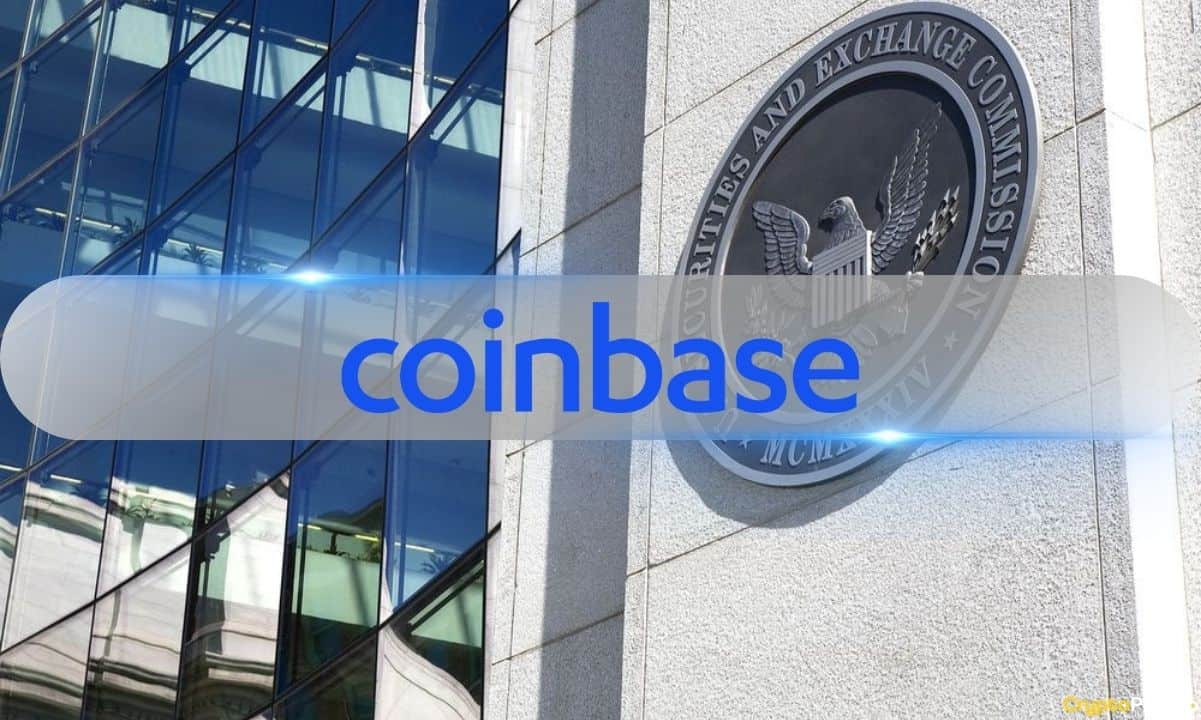
Coinbase submitted its third comment letter highlighting significant flaws in the US Securities and Exchange Commission’s (SEC) cost-benefit analysis of the proposed rule. The letter argued that the agency has failed to assess the rule’s economic impact on efficiency, competition, and capital formation.
Despite acknowledging a lack of critical information on decentralized exchange (DEX) operations and compliance costs, Coinbase said the SEC has proposed vague benefits that may not materialize, especially if DEXs are driven out of the US market.
SEC Rulemaking Under Fire
The author of the letter and Coinbase’s chief legal officer, Paul Grewal, stated that the SEC should withdraw the proposal and redo it after conducting thorough research.
The crypto exchange’s letter also stated that the SEC has failed to fulfill its statutory obligations by not gathering essential information on DEXs, admitting gaps in understanding key aspects of their operation, and making unjustified assumptions based on non-DEX entities.
Coinbase exec argued that the regulatory entity’s approach is arbitrary and irrational, as DEXs operate fundamentally differently and would face prohibitive compliance costs.
It further stated that the SEC cannot accurately assess the costs and benefits of the proposed changes without clarifying when digital assets are classified as securities. The agency’s inconsistent approach, relying on case-by-case litigation rather than clear rules, has led to uncertainty for industry participants and courts.
Meanwhile, the proposed changes have exacerbated this uncertainty, stating ambiguously that digital assets may or may not be securities. This vagueness undermines the reliability of the cost-benefit analysis as per Coinbase.
Small DEXs at Risk
Coinbase also weighed in on the rule’s negative impact on its services, like the Base network and its wallet offerings, by potentially pushing DEXs out of the market. Smaller DEXs would be disproportionately affected due to high compliance costs, creating an unfair advantage for larger incumbents. The proposal’s vague language adds to the compliance burden.
The SEC has previously recognized such assessment costs but ignores them here, further questioning the rule’s cost analysis validity.
This article first appeared at CryptoPotato

